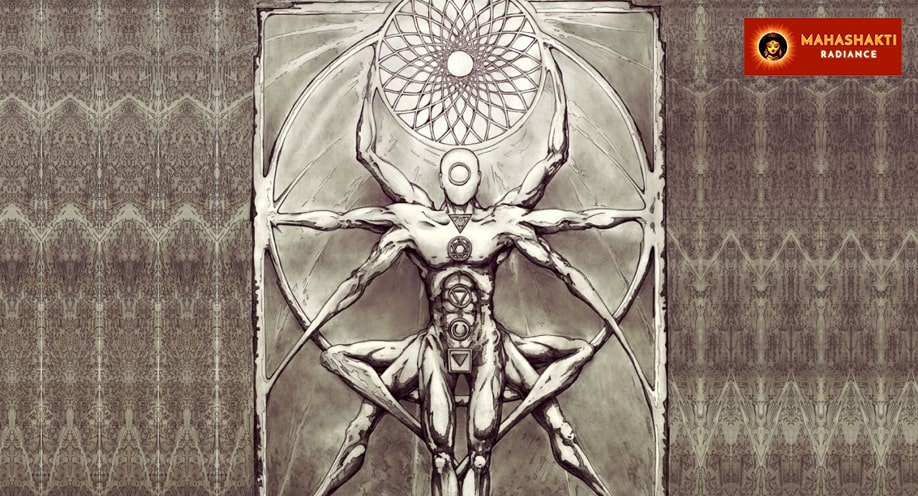


There exists an internal organ, the Antahkarana, and the connection of the soul with the internal organ causes the Atman to appear as the individual soul or as the soul its Samsara state.Therefore we have to acknowledge the existence of an internal organ (Antahkarana) through whose connection and disconnection perception and non-perception take place.The scriptures declares, “My mind was else where, I did not see, my mind was else where, I did not hear; for a man sees with his mind and hears with the mind” .The scripture further shows that desire, representation, doubt, faith, want of faith, memory, forgetfulness, shame, reflection, fear, all this is mind.The iternal organ (Antahkarana) which constitutes the limiting adjunct of the soul is called in different places by different names such as Manas (mind), Buddhi (intellect), Vijnana (knowledge), Chitta (thought), etc. When it is in a state of doubt it is called Manas; when it is in a state of determination it is called Buddhi. Now we must necessarily acknowledge the existence of such an internal organ, because otherwise there would result in either perpetual perception or perpetual non-perception. There would be perpetual perception whenever there is a conjunction of the soul, and senses and the objects of senses, the three together forming the instruments of perception. Or else, if on the conjunction of the three causes the effect did not follow, there would be perpetual non-perception. But neither of these two alternatives is actually observed. Or else we will have to accept the limitation of the power either of the soul or of the senses. But the limiting of power is not possible, as the Atman is change less. It can not be said that the power of the senses which is not obstructed either in the previous moment or in the subsequent moment is limited in the middle. There exists an internal organ, the Antahkarana, and the connection of the soul with the internal organ causes the Atman to appear as the individual soul or as the soul its Samsara state.Therefore we have to acknowledge the existence of an internal organ (Antahkarana) through whose connection and disconnection perception and non-perception take place.The scriptures declares, “My mind was else where, I did not see, my mind was else where, I did not hear; for a man sees with his mind and hears with the mind” .The scripture further shows that desire, representation, doubt, faith, want of faith, memory, forgetfulness, shame, reflection, fear, all this is mind.The iternal organ (Antahkarana) which constitutes the limiting adjunct of the soul is called in different places by different names such as Manas (mind), Buddhi (intellect), Vijnana (knowledge), Chitta (thought), etc. When it is in a state of doubt it is called Manas; when it is in a state of determination it is called Buddhi. Now we must necessarily acknowledge the existence of such an internal organ, because otherwise there would result in either perpetual perception or perpetual non-perception. There would be perpetual perception whenever there is a conjunction of the soul, and senses and the objects of senses, the three together forming the instruments of perception. Or else, if on the conjunction of the three causes the effect did not follow, there would be perpetual non-perception. But neither of these two alternatives is actually observed. Or else we will have to accept the limitation of the power either of the soul or of the senses. But the limiting of power is not possible, as the Atman is change less. It can not be said that the power of the senses which is not obstructed either in the previous moment or in the subsequent moment is limited in the middle.
 23 Nov 2022
23 Nov 2022 By - MR Admin
By - MR Admin Comment
Comment
 22 Nov 2022
22 Nov 2022 By - MR Admin
By - MR Admin Comment
Comment
 29 Mar 2021
29 Mar 2021 By - MR Admin
By - MR Admin Comment
Comment
In Spiritual Insights